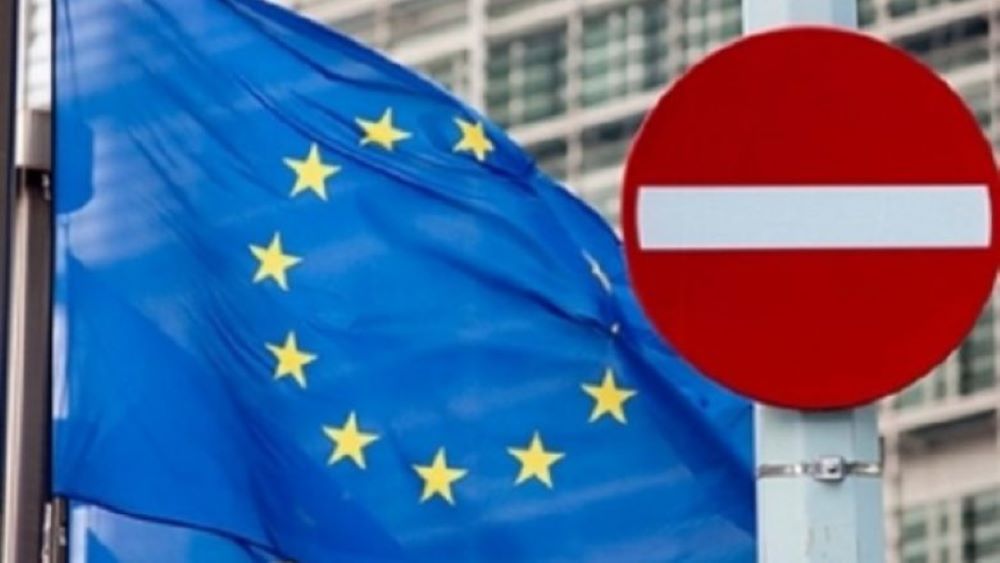About two years ago, a youth initiative called “Kosovo can’t breathe” organized several actions against the “institutional racism of the EU” against Kosovars.

Perparim Leka
The love of the citizens of Kosovo for the EU resembles that of Nietzsche for Lou Salome, where one side expresses the desire to join the other necessarily, while the other side is not sure and continues to keep the other under anxiety without giving a definitive answer and sending him to the brink of madness.
95% of Kosovo’s citizens said they would vote for membership in the European Union if it were put to a referendum, according to a poll by the International Republican Institute in 2023. This is the highest pro-membership percentage of any country of the Western Balkans. Considering here that the country is mainly populated by young people under the age of 30, many people could easily conclude that “Europositivism” is not for the youth.
There is also the other side of the coin. Kosovars are record holders of “unwanted achievements” regarding the integration process. In a publication of the EPIK Institute, it appears that Kosovo has waited the most out of all the countries for visa liberalization. This process was the longest in its history. Kosovars have been waiting 12 years for liberalization, while other countries that have faced this process have waited at most 9 years (Ukraine), and then 5 years (Georgia). Meanwhile, the neighboring countries of the Western Balkans have waited at most 2-3 years.
Only one of the EU institutions recognizes Kosovo as an independent state (the European Parliament), while the others maintain a neutral approach to the status as well. Five member countries, out of 27, do not recognize Kosovo as an independent state at all. These are all special cases.
This has normally manifested frustration in the new groups of the society. About two years ago, a youth initiative called “Kosovo can’t breathe” organized several actions against the “institutional racism of the EU” against Kosovars. They mentioned the EU’s double standard towards Kosovo, compared to the approach towards other countries.
But despite this, this only shows the great desire that the young people of Kosovo have for the fastest possible membership in the big European family. The young people of Kosovo are actively engaged in the admission of Kosovo to the EU. They recognize the potential benefits of EU integration, such as economic growth and expanded opportunities for education and employment. Many youth-led organizations, forums and initiatives have emerged since independence, advocating reforms, political stability and alignment with EU standards. The new generation of Kosovo is increasingly participating in civic activities, demanding transparency, accountability and the rule of law. Their commitment reflects a strong desire for a European future, characterized by democratic values and regional cooperation, and they play a decisive role in shaping the country’s path to EU accession.
Pararim Leka is a political scientist and journalist



Leave A Comment